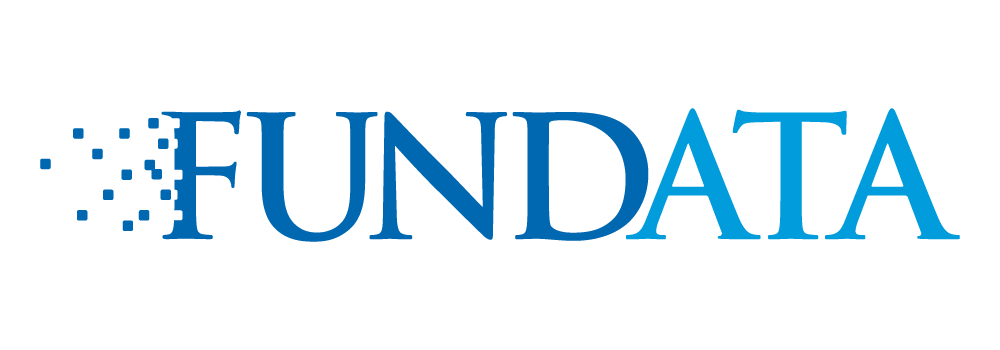How A+® Award winners weathered the storm
This past year was challenging for the majority of asset classes. A year that saw shortages caused by supply chain disruptions, central banks beginning to raise interest rates, and geopolitical turmoil and war – all of which weighed heavily on investment returns.
Even fixed income – an asset class usually regarded for its low risk and volatility – could not avoid the carnage. Bond values fell significantly in the face of rising interest rates and inflation. In fact, fixed-income sectors were among the worst-performing assets of the year with some experiencing declines as large as 22%.
To successfully invest in this environment, investors must look not only at the returns of ETFs but also their ability to manage volatility. Returns adjusted for volatility are also called risk-adjusted returns, which is exactly what the FundGrade A+ Awards are based on.
The FundGrade A+ Awards hosted by Fundata Canada recognize and acknowledge excellence in the Canadian investment fund industry through the year. The award is based on strictly objective criteria and looks at funds’ risk-adjusted return from 2 through 10 years. Funds are assigned a monthly grade and those that consistently earn a high grade throughout the year are awarded an A+ rating.
Among the ETF A+ Award winners, the following two stand out for their exceptional performance in the face of strong investing headwinds.
Protecting principal is paramount
CI Canadian Convertible Bond ETF (TSX: CXF). Winning in the Canadian Corporate Fixed Income category, CXF fared better than its peers by a wide margin. Experiencing a minor loss for the year, its return of -0.6% is multiples above the category average of -10.4%. Combined with a standard deviation 30% below the average, CXF produced a 2022 Sharpe ratio – a measure of risk-adjusted return – more than 3.5 times the category average.
What’s the secret to the fund’s success? According to manager CI Global Asset Management, CXF is managed with a short duration, which means that it is less sensitive to changing interest rates. Exposure to issuers whose products tend to benefit from rising prices, such as basic materials producers, also helped to boost performance and reduce volatility.
Low volatility, high returns
BMO Low Volatility U.S. Equity ETF (TSX: ZLU). Like bonds, equities have also had a difficult year with funds in the U.S. Equity category losing 13.7% on average. One way to manage these risks is to select a fund that is specifically designed to handle these market conditions. BMO Low Volatility U.S. Equity ETF is just such a fund. Using a rules-based strategy, it selects 100 U.S. large cap stocks with the lowest beta.
Low beta stocks are less sensitive to overall market movements, having the effect of reducing portfolio volatility. Many of these stocks represent nondiscretionary industries – like utilities – where demand for their products and services is relatively unaffected by economic conditions. The results are palpable. ZLU generated a 2022 return of 8% - over 21% higher than the broad U.S. Equity category – with only half of the volatility.
© 2023 by Fundata Canada Inc. John Krisko, CFA, BBA, is Manager, Analytics & Data at Fundata Canada Inc. and is a member of the Canadian Investment Funds Standards Committee (CIFSC). This information is not intended to provide specific personalized advice including, without limitation, investment, financial, legal, accounting or tax advice. No guarantee of performance is made or implied.

